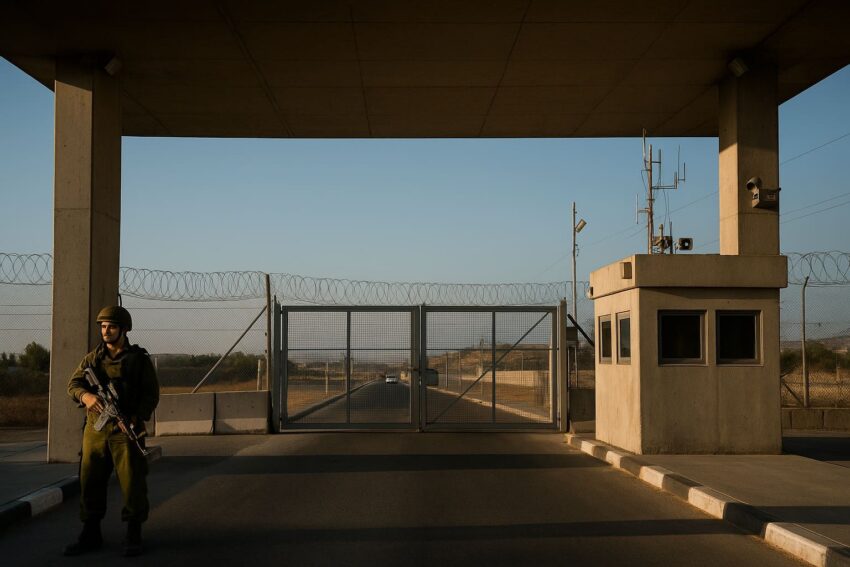The one-state option for Palestinians has been discussed for decades as an alternative to stalled negotiations and recurring conflict. Israel came into being over six decades ago, yet the grievances of displaced Palestinians remain unresolved.
Historical Background
Israel was established in 1948. Since then, efforts to address the grievances of displaced Palestinians have made little progress. Jewish people endured centuries of persecution, culminating in the Holocaust during which six million Jews were killed. This led to international support for the creation of a Jewish homeland in Palestine.
The idea was not new. In 1917, the Balfour Declaration expressed support for “a national home for the Jewish people,” while also stating that nothing should prejudice “the civil and religious rights of existing non-Jewish communities in Palestine.” The first part of the declaration is well remembered, but the second part has often been overlooked.
Unequal Negotiations
Negotiations between Israelis and Palestinians have spanned decades, but they have rarely produced meaningful progress. One reason is the imbalance of power: Israel benefits from strong international alliances, while Palestinians have been supported by weaker and often divided partners.
The situation has left Palestinians with limited leverage. Meanwhile, settlement expansion in the occupied territories has created facts on the ground that complicate the possibility of a two-state solution.
Changing Strategies
Palestinian authorities have shifted from armed struggle and stalled negotiations to pursuing recognition through international institutions. In 2012, Palestine was granted observer state status at the United Nations. Efforts have also been made to reduce internal divisions. These steps strengthen diplomatic positioning but have so far produced limited practical results.
The One State Option
An alternative path occasionally discussed is the one-state solution. In this scenario, Palestinians would seek citizenship within Israel rather than statehood alongside it. Such a move would represent a profound change.
From an Israeli perspective, the idea raises difficult questions. It would challenge Israel’s identity as a Jewish state and could result in a demographic shift with a large Arab population. For Palestinians, it would mean abandoning long-standing aspirations for an independent state.
A Possible Shift
If Palestinians pursued this option, they would present Israel with a difficult choice: accept a single state with equal citizenship or reject the prospect of shared governance. While the one-state solution is not a new idea, it remains a subject of debate. It reflects the search for alternatives in a context where other strategies have brought few results.

